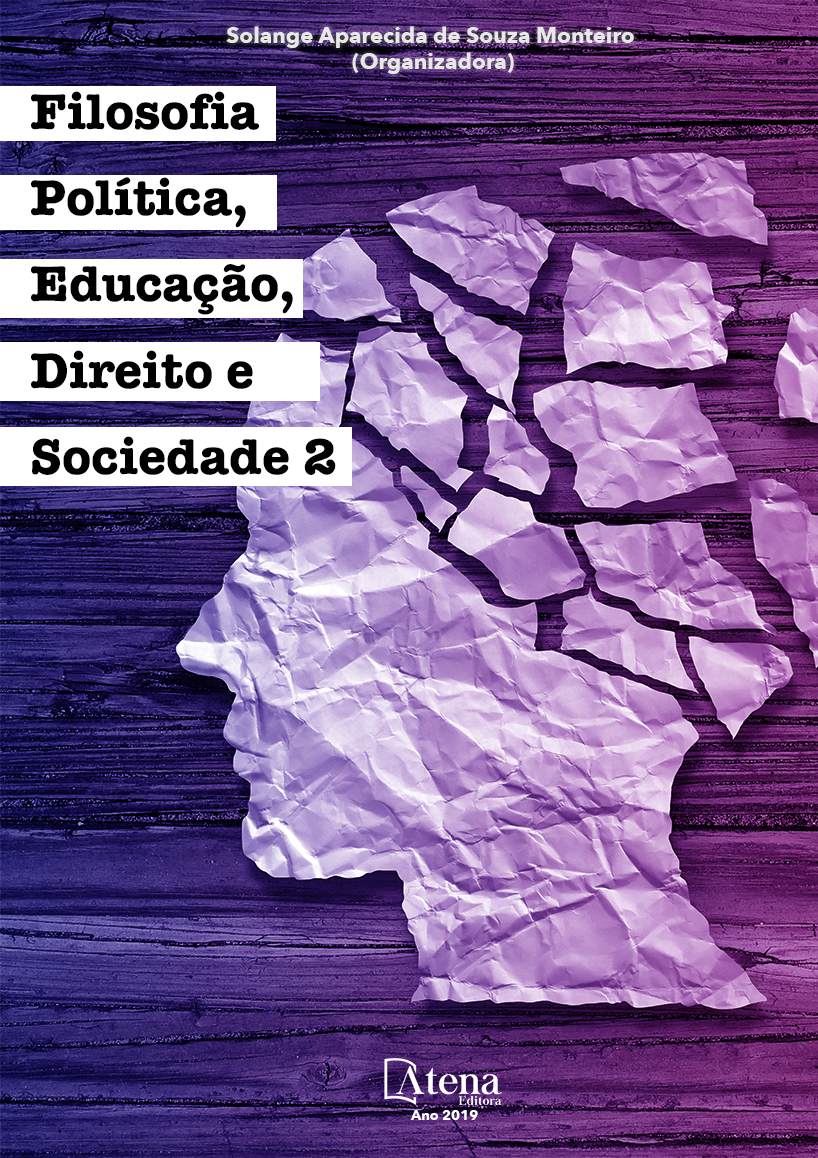
BREVES CONSIDERAÇÕES ACERCA DOS DESAFIOS DA BASE NACIONAL COMUM CURRICULAR PARA A EFETIVAÇÃO DA EDUCAÇÃO PLENA
Em sintonia com a determinação
da legislação internacional que rege o direito
à educação, da quaL o Brasil é signatário e
diante da crise identificada da ineficiência dos
processos educacionais brasileiros, o Governo
vislumbra justificativa e solo fértil para deflagrar
a reforma da educação no país, focada
na criação de uma Base Nacional Comum
Curricular, capaz de proporcionar a equidade
não alcançada pela atual estrutura do ensino.
O presente trabalho procura demonstrar que
apesar do principal objetivo deste movimento
ser a consolidação da educação promotora
da formação integral da pessoa e, apesar
do vasto conteúdo legislativo, de fato, não
se vê, na prática, sintonia e esforços para a
reestruturação necessária para a efetividade do
ensino transformador. Pela contemporaneidade
dos acontecimentos, a pesquisa se baseia em
material bibliográfico e na legislação, com cunho
de produção qualitativa. A falta de consenso do
modus operandi, a abreviada segurança jurídica
da aprovação da reforma do ensino médio por
medida provisória, a obscuridade nas regras
de como se implementar esta reforma e por
consequência, a precária reestruturação física
e de pessoal e sua inadequação orçamentária
são pontos que levam ao descrédito de futuros
índices melhores para a educação no Brasil
e principalmente, da formação de uma nova
sociedade capaz de superar as dificuldades das
crises conjunturais e colaborar na efetivação
dos valores da fraternidade, da equidade e do
bem comum.
BREVES CONSIDERAÇÕES ACERCA DOS DESAFIOS DA BASE NACIONAL COMUM CURRICULAR PARA A EFETIVAÇÃO DA EDUCAÇÃO PLENA
-
DOI: 10.22533/at.ed.95719040217
-
Palavras-chave: direito à educação; base nacional comum curricular; educação; plena; cidadania.
-
Keywords: right to education; common national curricular basis; education; full; citizenship.
-
Abstract:
In line with the determination of
the international law that governs the right to
education, of which Brazil is a signatory and in
view of the identified crisis of the inefficiency
of Brazilian educational processes, the
Government envisages justification and a fertile
ground for initiating the education reform of the
country, in the creation of a National Curricular
Common Base able to provide the equity not
reached by the current structure of education.
The present paper seeks to demonstrate that,
despite the main objective of this movement,
it is the consolidation of education promoting
the integral formation of the person and, in
spite of the vast legislative content, in fact,
there is no practical syntony and efforts for the
restructuring necessary for the effectiveness
of the transformer teaching. Due to the
contemporaneity of the events, the research is based on bibliographic material and
legislation, with a qualitative production. The lack of consensus of the modus operandi,
the abbreviated legal certainty of the approval of the high school reform through a
provisional measure, the obscurity in the rules of how to implement this reform and
consequently, the precarious physical and personnel restructuring and its budgetary
inadequacy are points which lead to the disrepute of better future indices for education
in Brazil and, above all, the formation of a new society capable of overcoming the
difficulties of conjuncture crises and collaborating in the realization of the values of
fraternity, equity and the common good.
-
Número de páginas: 15
- FABIANA APARECIDA MENEGAZZO CORDEIRO


